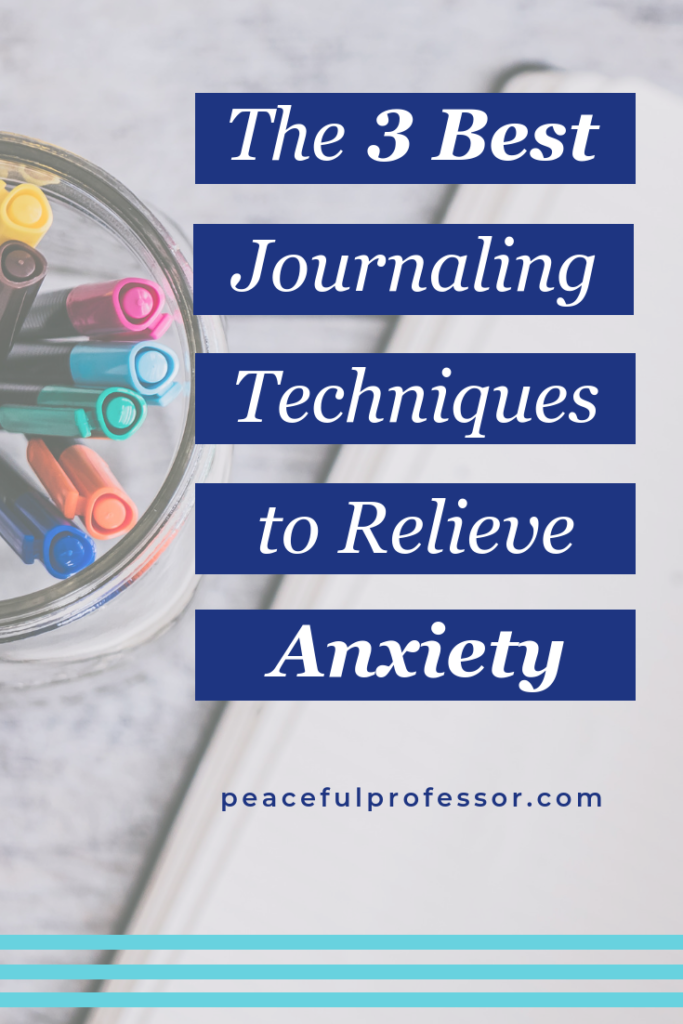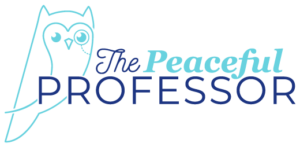The 3 Best Journaling Techniques to Relieve Anxiety
In an age where Millennials and Gen Z are often seen as smartphone-addicted zombies, good old-fashioned pen and paper may seem as archaic as starting a fire by rubbing two sticks together. However, for an anxious mind, writing can do wonders. If you’re looking for relief from anxiety, stress, or other overwhelming emotions, give these three journaling techniques a try:
Journal Prompts
Studies have demonstrated the healing powers of journaling for those with mental illnesses. There are many different approaches that have significant de-stressing effects. For example, Bustle suggests prompted writing as a method to try and suggest a few ideas to get the ball rolling:
- write out your emotions like a grocery list
- write a letter to your anxiety
- imagine your anxiety as a monster and write a story about it
- interview your past and future selves: what would she say about her experiences with anxiety?
- imagine your favorite fictional character has the same problems as you and figure out how they’d solve them
- use colorful markers or pens and write out all the things that make you happy
- start your journal with the phrase “I remember feeling…”
Don’t worry about organization or editing. Just write down everything that comes to mind in response to the prompts. Writing about fictional characters, your future self, or an anxiety monster can provide distance from your feelings, which can help you calm down and ground yourself again.

Free Writing
An alternative to prompted writing is free writing. The moment you start to feel overly anxious or feel a panic attack coming on, write down all of your thoughts without judgement. First, write what is happening in your life that is causing you to panic. Next, record what you expect the outcome of the situation to be. And lastly, put down the best and worst-case scenarios. This exercise helps to put your stress into perspective because, oftentimes, the worst-case scenario is something that you can deal with and get through. You are so much stronger than you think.
Visual Journaling
If writing is not as interesting to you, visual journaling has also been shown to decrease anxiety and stress levels. With this format, you focus on breathing and introspection as you draw the sources of your anxiety, creating a visual representation of your stress. Researchers at Eastern Virginia Medical School tested this method on medical students, who have some of the highest levels of anxiety and depression. Results indicate that this technique reduced anxiety and increased positivity in almost every participant. Like free writing, drawing makes your problems seem more controllable and helps to clear your mind. And for those who feel a tad lacking in creativity, there is also a calming effect to adult coloring books. Coloring not only reduces anxiety, but also increases mindfulness.
The Power of Journaling
As someone with anxiety and depression, I find that writing soothes my overactive mind. There is something extremely powerful about writing things down. For example, I like to make to-do lists and schedule out my month in advance. This may sound counterproductive to the anxious mind; however, tasks and to-dos seem much more manageable once they are on paper. As you are writing, you are suddenly in control of all of these things that had been floating around in your head that you just couldn’t grab onto before.
When you have anxiety, it is so hard to let things go, and no issue truly seems small. Journaling is a way to take some control back. The pen is your power, and it is completely dependent upon you; once you write these thoughts down, you can more easily decide what is important and distinguish the uncontrollable from what you can truly do.
Grace Benigni is a graduate of the College of Charleston. She is on a quest to find therapeutic ways to manage her anxiety that can realistically fit into her jam-packed schedule as a special events coordinator and actress.
